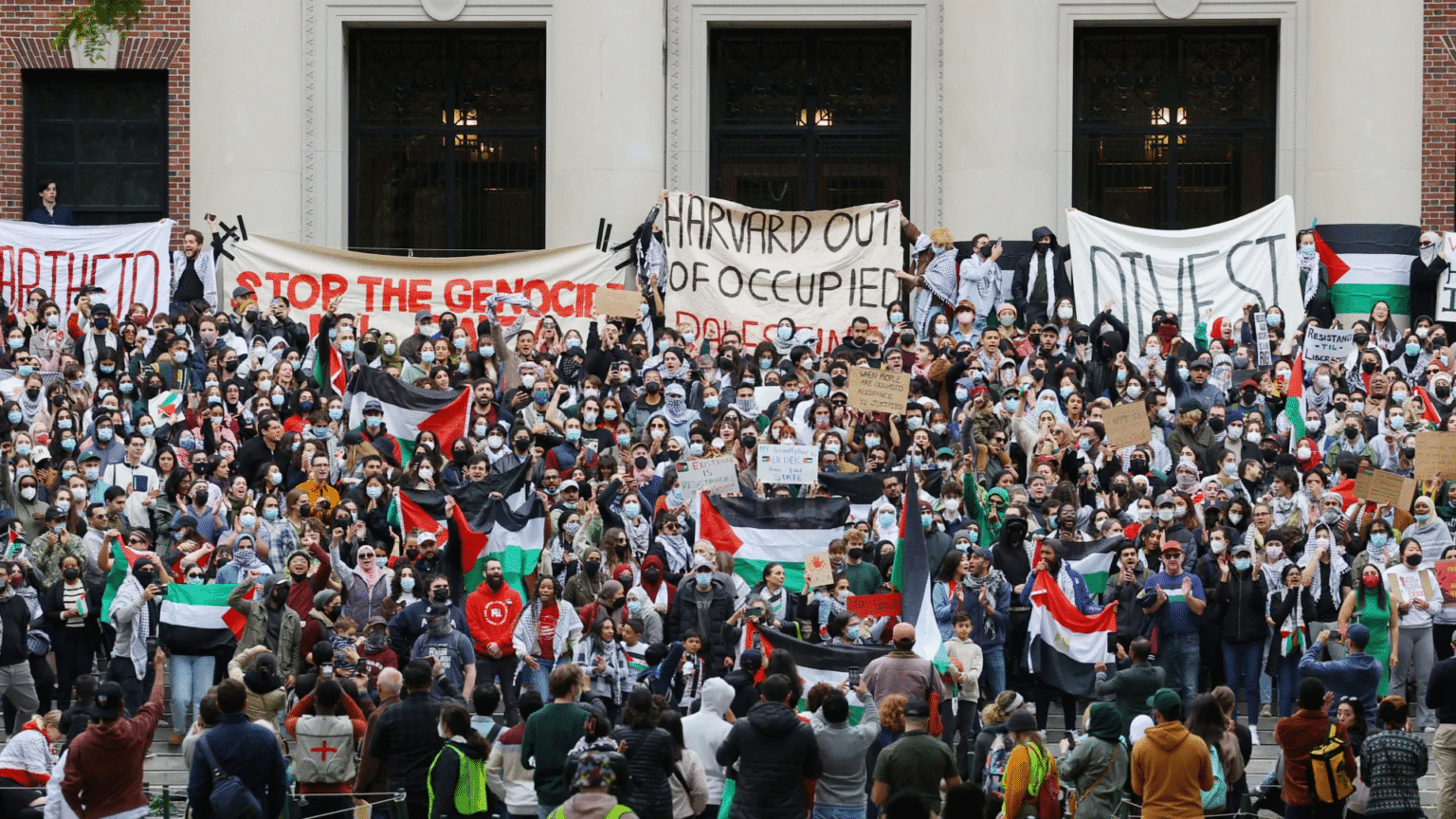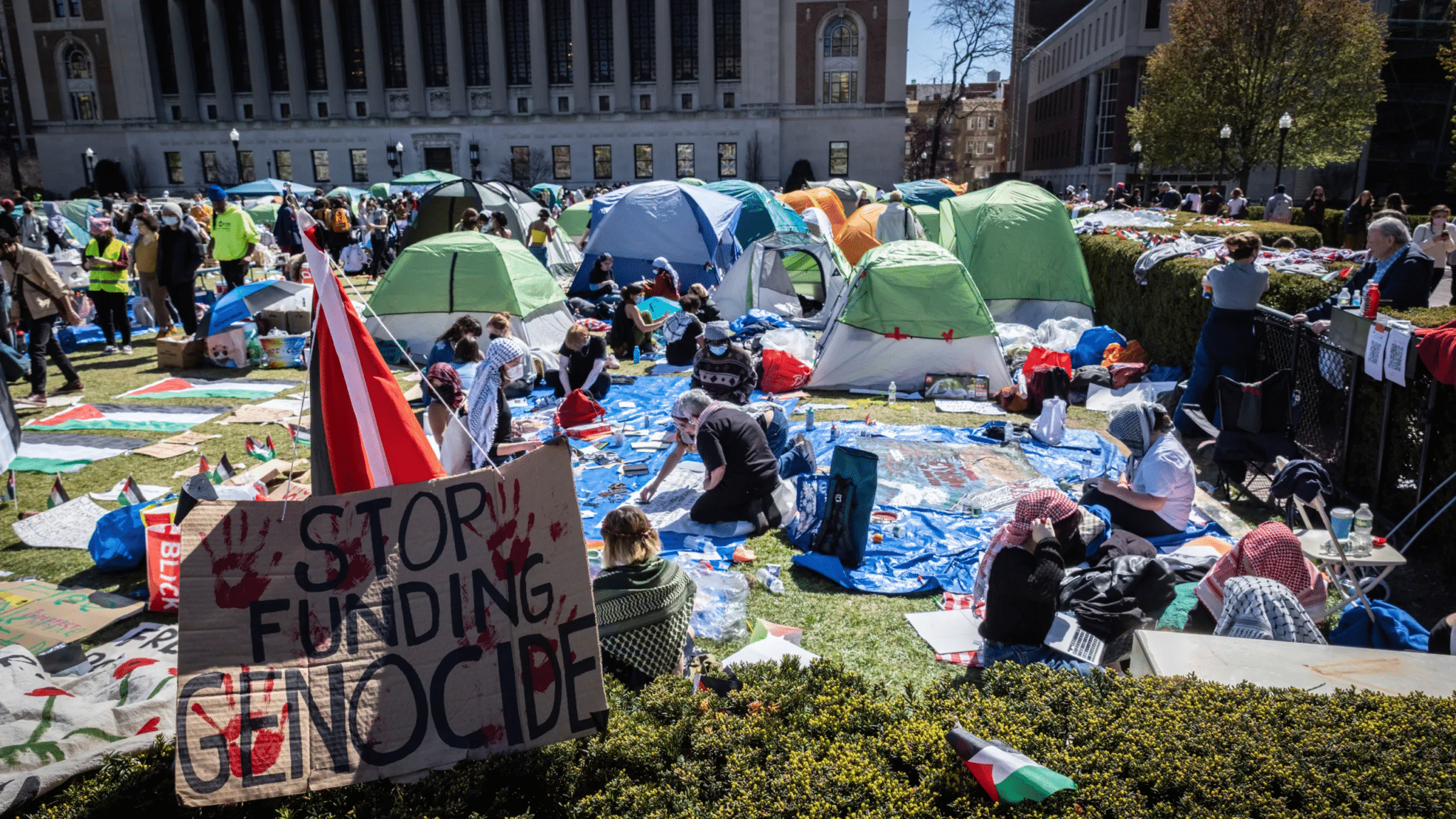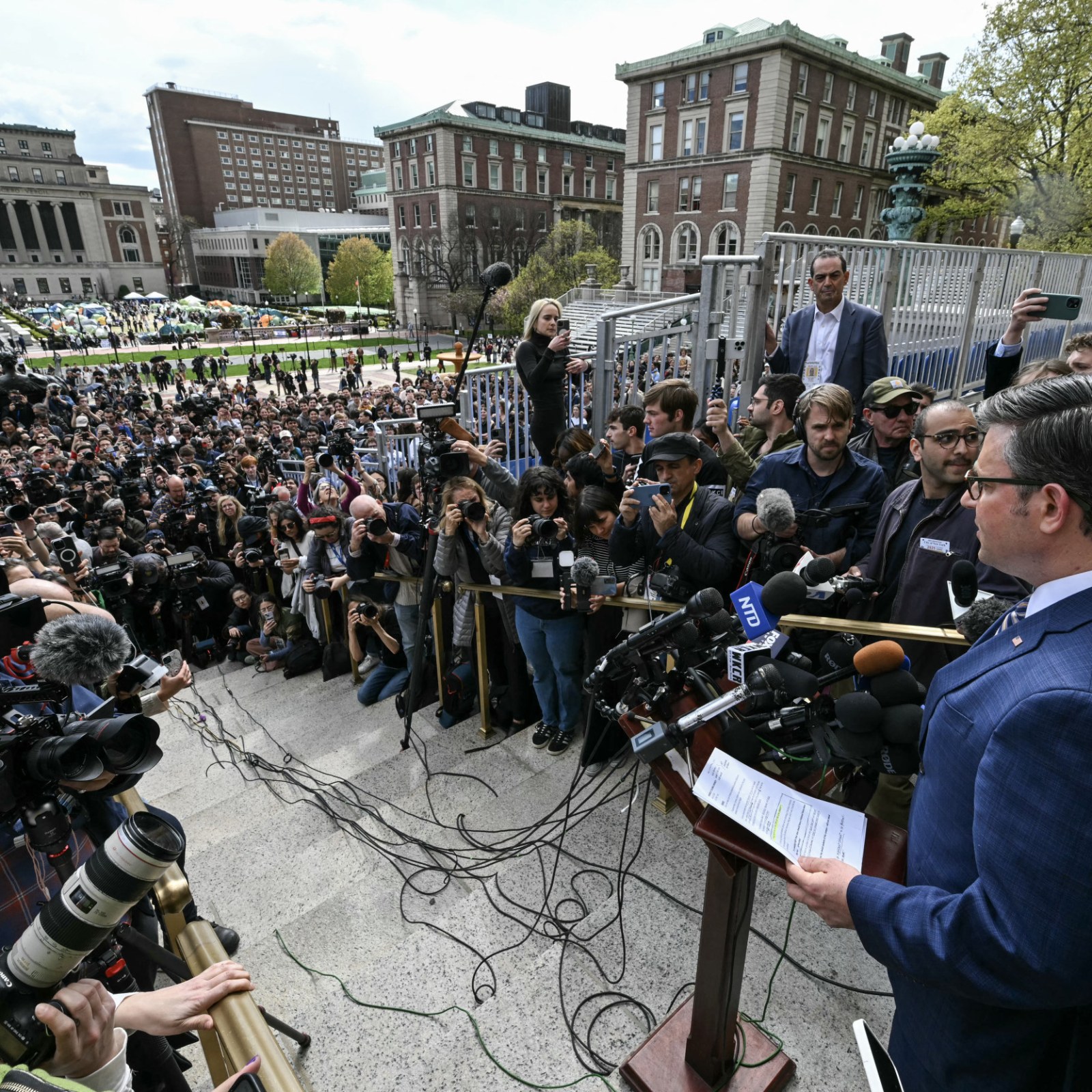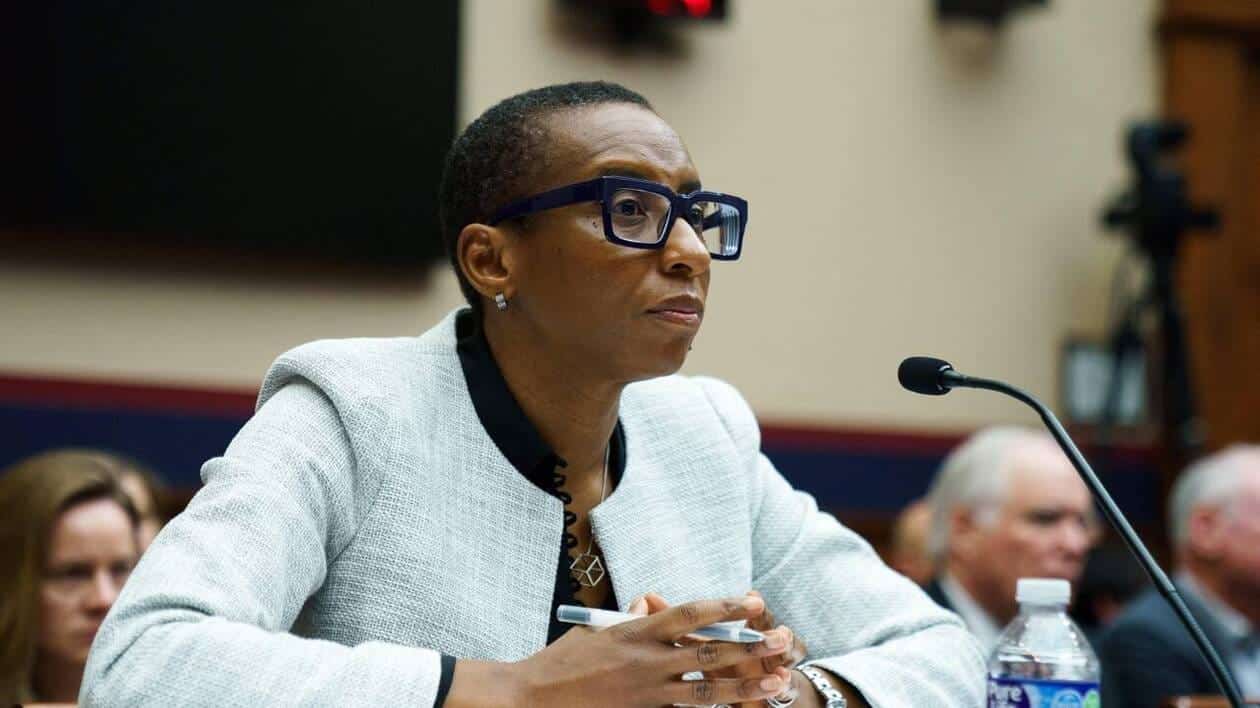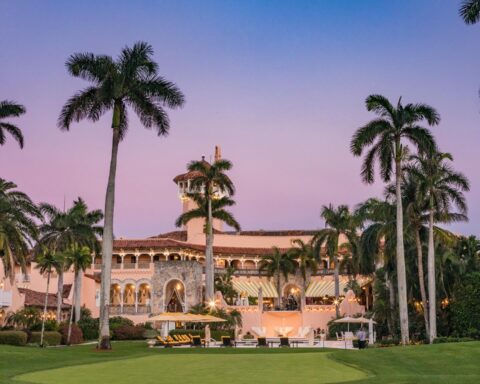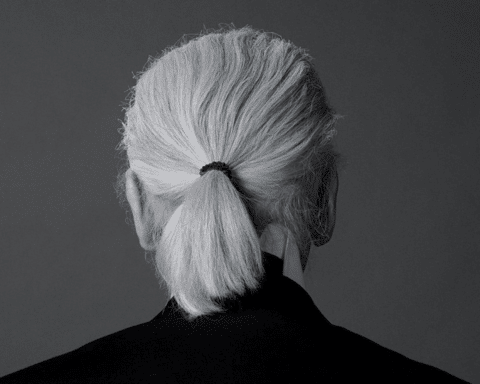Ivy League universities in the USA, renowned for their academic excellence and selectivity, are currently facing a delicate crisis. Recent events linked to the conflict between Israel and Hamas have exacerbated tensions around anti-Semitism on campus, prompting strong reactions and resignations within university management.
In the United States, a deep crisis is affecting the country’s most renowned institutions, and in particular the Ivy League, a coalition of eight private universities located in the Northeast. These include the prestigious universities of Columbia, Pennsylvania, Princeton and Harvard. They enjoy an exceptional reputation for academic excellence, highly selective admission criteria and are often associated with a certain social elitism.
But since the tragic events of October 7 and Israel’s retaliation against Hamas, anti-Semitism has been rife on the campuses of these universities, provoking strong reactions and even resignations. Governing bodies are criticized in turn for their excessive tolerance of what is presented as freedom of expression.
The day after the Hamas massacre, some thirty student groups and clubs at Harvard University co-signed and circulated a letter denouncing “Israel’s apartheid regime”, which they considered responsible for all the violence inflicted on Palestinians over the past seventy-five years. In response, pro-Palestinian “camps” sprang up on many campuses, provoking unease among students of the Jewish faith.
At the end of April, Columbia University was the focal point of a major mobilization, requiring the intervention of hundreds of New York police officers to evacuate pro-Palestinian activists holed up in a building. On May 1, clashes also broke out on the campus of UCLA University in Los Angeles.
While all the mobilized students are calling for an immediate ceasefire in the Gaza Strip, many are also asking their universities to sever all ties with companies and sponsors associated with Israel.
Political instrument
Shortly after October 8, pro-Palestinian camps sprang up on more than 80 campuses, covering two-thirds of American states. Mobilization was particularly strong in the Northeast (Columbia, Yale, NYU and Northeastern University), and gradually spread to Texas, Arizona and California.
Some twenty universities, including UCLA in Los Angeles and Columbia in New York, called in the police to intervene. In all, more than 900 people have already been arrested.
With six months to go before the American presidential election, this student movement is provoking strong reactions in the political world. “Joe Biden must act against these agitators,” said Republican candidate Donald Trump on Tuesday, April 30. “We must put an end to the anti-Semitism that plagues our country today”.
“While Columbia University is engulfed in chaos, Joe Biden is absent because he is afraid to confront this problem,” said House Republican leader Mike Johnson, for his part.
Although Joe Biden initially condemned the outbursts, the president is now retreating behind the First Amendment through White House spokeswoman Karine Jean-Pierre. “The president believes that debate on campuses, where people can express themselves freely and without discrimination, is important. But demonstrations must be peaceful,” she said recently.
“Occupying a university building by force is the wrong approach” and does “not represent an example of peaceful protest”, had also thundered John Kirby, spokesman for Democratic President Joe Biden’s National Security Council.
Congress investigates
Passions also ran high after a parliamentary hearing on combating anti-Semitism in American universities. On December 5, the presidents of Harvard, the University of Pennsylvania and the Massachusetts Institute of Technology (MIT) were summoned to present the measures taken to ensure student safety. When questioned by Republican Congresswoman Elise Stefanik about the conformity of a call to Jewish genocide with their university’s internal rules, they replied that it “depended on the context”, triggering a strong public reaction and leading to their resignation.
Their responses, widely broadcast and shared on social networks, triggered an outrage that reached as far as the White House. White House spokesman Andrew Bates called it “monstrous” that it was necessary to remind people that calls for genocide are unacceptable.
The US Congress then announced on December 7 that it was opening an investigation into the universities’ handling of what it described as “endemic anti-Semitism” on their campuses, where tensions linked to the conflict between Israel and Hamas are running high.
Claudine Gay, who in July became the first black president of Harvard University near Boston, announced her resignation on Tuesday January 2.
“It is with a heavy heart but a deep love for Harvard that I write to announce that I will be stepping down as president,” said the 53-year-old political science professor. “It has become clear to me that it is in Harvard’s best interests that I resign so that our community can get through this extraordinary time of challenge by focusing on the institution rather than on me personally.”
She becomes the second president of the Ivy League, which brings together eight elite universities, to resign. In December, Elizabeth Magill of the University of Pennsylvania announced her departure in the face of pressure.
Harvard, a fragile institution
Despite its vast financial resources, with an endowment of $50.7 billion and annual tuition fees approaching $80,000, Harvard remains a giant with feet of clay. The school’s equilibrium relies on philanthropic donations, which account for 45% of its revenues ($5.8 billion in 2022) and 9% of its operating budget. By 2020-2021, the university had received no less than $465 million in donations, from wealthy individuals who had attended its faculties or from companies.
Harvard’s wealth is mainly invested in illiquid assets such as private equity and hedge funds, accounting for 70%.
However, the next fundraising campaign could be more challenging than the previous one in 2018, which raised $9.6 billion. Indeed, accusations of anti-Semitism or wokism – like the apology for Harvard’s holding of an 1880s French book bound with human skin for nearly a century – don’t reflect well on these elitist institutions, and donations could be much lower.
What’s more, if Donald Trump returns to power, he plans to cut funding for elite universities. In 2023, Harvard received $676 million in federal aid. Its foundation, the richest in the country, enjoyed tax exemption until Donald Trump imposed a 1.7% tax on the country’s largest endowments in 2017. This tax could be increased if the populist leader follows through on his promise to create a non-progressive American Academy funded by Ivy League money.




